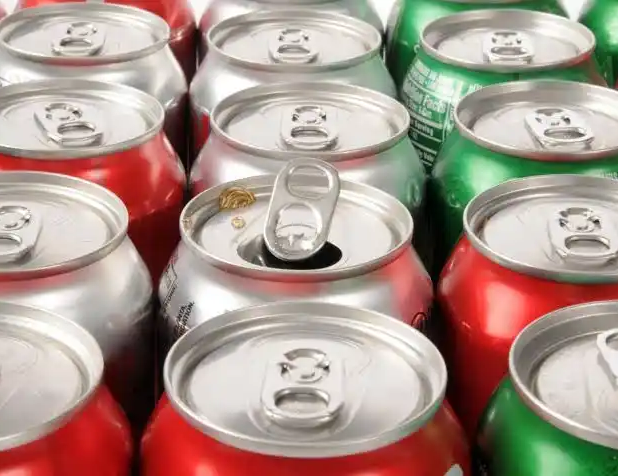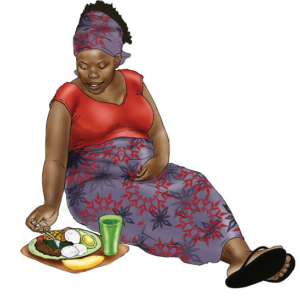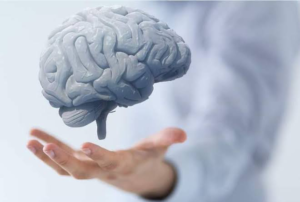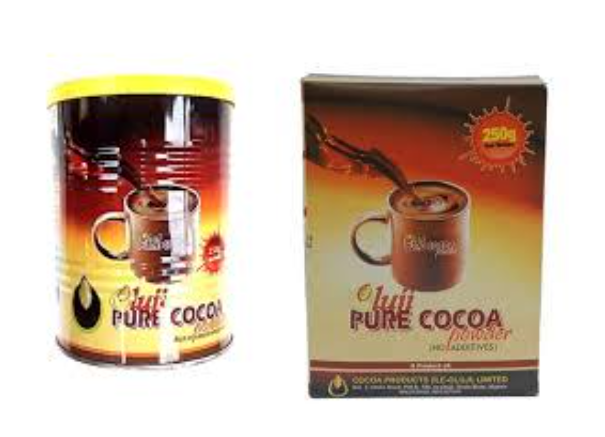
Immunity is the body’s defence system. It refers to ability of the body to protect itself from the inversion of pathogens and infections.
Pathogens are foreign disease-causing substances, such as bacteria and viruses, and people are exposed to them every day. Antigens are attached to the surface of pathogens and stimulate an immune response in the body.
immune response is the body’s defense system to fight against antigens and protect the body. everyone’s immunity is different, but all tend to get stronger with age. Some of our daily activities affects the way our body reacts to invasion or affects human immunity
Types of immunity
There are three types of immunity and are as follows
- Innate immunity: this is the immunity that a person is born with and includes the natural protective barrier offered by the skin.
- Adaptive or Active immunity: this kind of immunity is developed as a result of exposure to disease or vaccination. This gives the body what is called immunological memory
- Passive immunity: this is a borrowed immunity. For instance, the antibodies in breast milk passed to the baby, gives the baby a temporary protection against infections.
Factors that affects immunity
The immunity and health are directly related, a week immunity makes you prone to diseases. Factors that affects human immunity are as follows
Keeping night wake

Poor sleep habit reduces the level of killer vital cell that fight germs. During sleep, your body releases cytokines, which are essential for the regulation of the immune system. Cytokines are required in increased amounts when you are attacked by a pathogen or are under stress. The level of cytokines increase during sleep, and therefore lack of sleep hinders the body’s ability to fight infections. This is also a reason why the body tends to sleep more while suffering from any infection.
Excessive intake of alcohol

It is proven that moderate intake of alcohol can be good for the health, but its excessive intakes affects human immunity by reducing the amount of white blood cells produced, slows down digestive activities and and overloads liver work reducing its ability to store vitamins.
In the lungs, for example, alcohol damages the immune cells and fine hairs that have the important job of clearing pathogens out of our airway.
“If the cells lining a person’s airway are damaged from alcohol, then viral particles, such as COVID-19, more easily gain access, causing immune cells, which fight off infection, to not work as well, leading to increased overall risks of more severe diseases as well as complications,” said Dr. Alex Mroszczyk- McDonald , a practicing family physician in Southern California.
Excessive sugar intake

When you are fond of taking sweet things, you are at the risk of having weak immunity because refined sugars prevent vitamin C from entering the white blood cells resulting in weaker immunity. If you want to eat sweet things, then is best you go for natural sweet fruits like oranges,pineapple, watermelon etc.
Smoking

Cigarette contains more than 250 harmful substances, in which some are considered poisonous like ammonia,arsenic, nicotine,toluene etc and the immune system should not process such chemicals.
Intake of too much caffeine and other caffeinated beverages

Excessive caffeine stimulates the nervous system by increasing the stress level in the body. This leads to the release of stress hormones like cortisol, which suppresses the immune system thereby making the body prone to infections. 1-2 cups of coffee is okay a day.
Also read: Surprising Benefits of Getting a Tattoo in Nigeria
Benefits of Drinking Moderate Nescafe Coffee Everyday
Eating of junk food (high in saturated fats)

The immune system reacts similarly to a high fat and high calorie diet as to a bacterial infection. This is shown by a recent study led by the University of Bonn. Particularly disturbing: Unhealthy food seems to make the body’s defenses more aggressive in the long term. Even long after switching to a healthy diet, inflammation towards innate immune stimulation is more pronounced. These long-term changes may be involved in the development of arteriosclerosis and diabetes, diseases linked to Western diet consumption.
Inadequate intake of water

Water makes up a greater percentage of the body, both taking cold lemon water or hot forms like tea are all helpful in boosting the immune system though its often neglected. “Depending on the life history of an organism, osmotic state may have greater influence on immune function than energy availability. ” this simply means that water is more important for immune function than food. A healthy person should take 8-10 cups of water a day depending on climate and physical activeness.
Sedentary lifestyle

Inactivity can lead to impaired immune system or make it sleep while exercise helps activate the immune system to fight virus and other infections. It also reduces the likelihood of suffering from chronic diseases like heart disease, arthritis, osteoporosis etc. Exercise reduces stress and increases the production of antibodies but excessive exercise is not good.
Related Posts: How to Boost the Immune System Naturally
Healthy Lifestyles to live Longer and Stronger
6 Good Fruits that Reduces the Risk of Prostatitis in Men







Leave a Reply